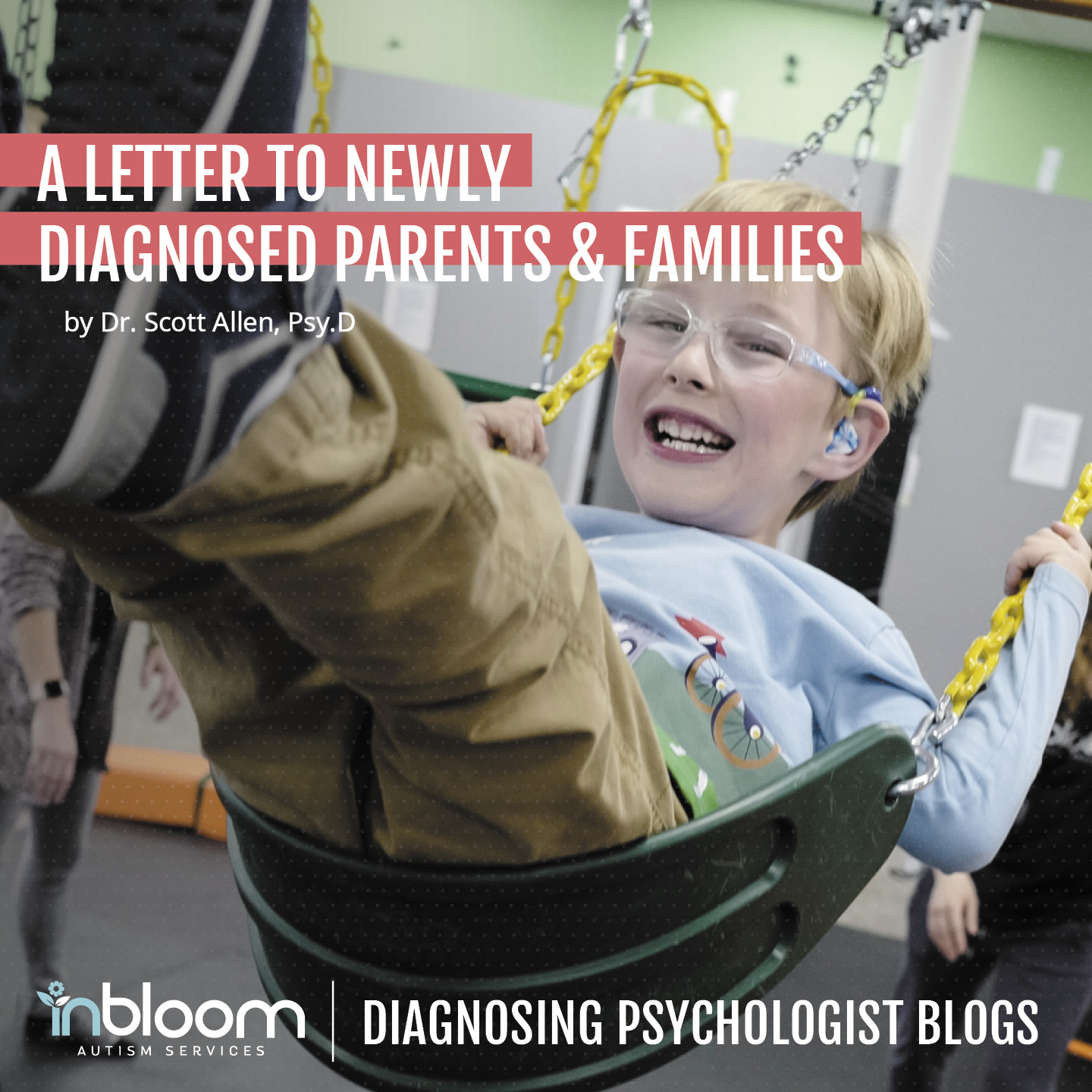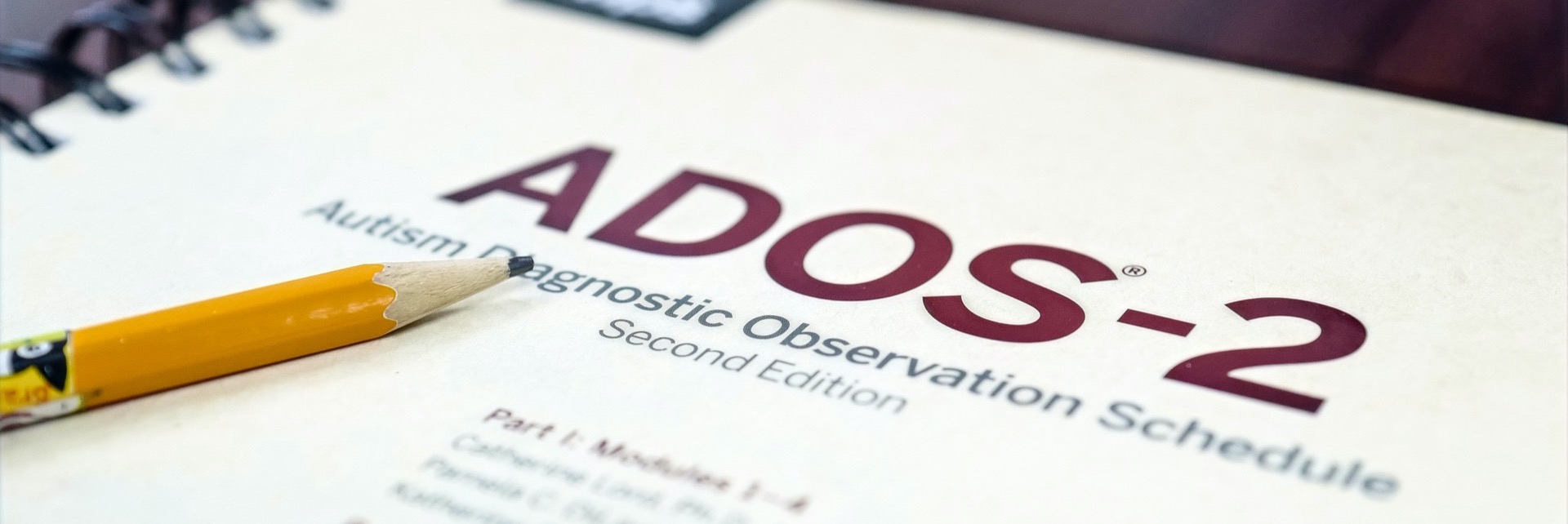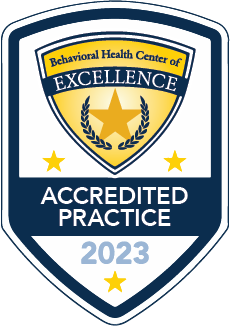A Letter To Newly Autism Diagnosed Parents & Families

Dear Travelers,
Welcome aboard. You are at the beginning of a lifelong journey. You may feel worried about taking your first steps, but just know that your path is wide and you won’t fall off. You may see part of the road ahead and may feel exhausted before you even start. Your journey may take its share of unexpected twists and turns. You may have to climb harder than you ever thought possible. You will also see your share of glorious vistas and landmarks along the way. Other parents are traveling their own paths; yours may sometimes be harder, easier, or just different.
As a clinician, I often share the difficult news with parents and caregivers that their loved one has autism or is “on the spectrum.” Along with this news, I often field questions about kiddos’ futures, severity, or “levels of functioning.” When answering these questions, I often feel like I am on the outside of a window looking in. I’ve never been a parent, much less a parent of a child who has autism. Although I have never been on the “inside,” I have 20 years of experience with the population. From my standpoint, “inside” is a pretty amazing place! Although I can’t travel the whole journey with you, I can be a guide for the first part of it, and you are welcome to check-in with me at any point along the way.
It took me a long time to earn my tour guide badge. My experience with humans with autism started when I was in graduate school. One of the first children I ever assessed had a diagnosis of autism and I remembered being so intrigued by his way of looking at the world and his ability to notice details that escaped my eyes. Experiences like this one led me to devote my training to learning all about autism and incidental teaching, a subtype of behavioral therapy with a heavy emphasis on play. I learned about how to use interests to teach skills; I can remember integrating social-skills training into Uno games and using blocks to model conversational turn-taking.
One of the first children I ever assessed had a diagnosis of autism and I remembered being so intrigued by his way of looking at the world and his ability to notice details that escaped my eyes.
Although I’ve never traveled the complete path myself, I have had many opportunities to observe the journey. Over the years, I have met with many parents, completed many assessments, helped college students through challenging social situations, led several groups, and consulted with many schools/districts. I have even conducted marriage counseling for adults who self-identify as autistic. Because of the diversity of my clinical experience, I feel that I have a unique perspective into the ways individuals with autism grow and develop over a lifetime. It is with that perspective that I can provide insights to parents who have legitimate concerns about their kiddos’ development and futures.
Here are a few of the lessons I have learned that may be helpful on your journey:
1) Get an Early Boost
As with many epic journeys, the first step is often the hardest. One thing we know about young humans with autism is that they (like all children) are more susceptible to intervention at earlier ages. Delaying intervention is often like approaching a mountain from a side with a sheer cliff. Early support, on the other hand, is like approaching that same mountain on a side with a staircase and a handrail.
One of the core challenges associated with autism is socialization. When we think about socialization over the lifespan, complexity and difficulty tend to grow exponentially rather than linearly. There is no better example of this phenomenon than your average middle school. Entering six graders are often talking about recess and the latest cartoons. Eighth graders are often talking about dating and popularity. Socialization is not the only skill area that changes this way; we see similar changes in academics and in communication. The world becomes increasingly complex and abstract as we get older, which may explain why so many individuals with autism-spectrum disorder (ASD) get “detected” in late elementary and middle school. Essentially, when children fall behind, it is often hard for them to “catch up” because the requirements keep rising faster than they can grow. Children who are already struggling with engagement at age 2 will likely fall further and further behind without intervention, whereas, an early “boost” can help kiddos “catch up,” stay even with, or even overcome their peers.
Current research also supports another argument: due to neuroplasticity (the ability for the neurons in the brain to form new connections and optimize current ones), younger children tend to be more responsive to interventions than older children. Early identification of “at-risk” kiddos and early detection of autism-related difficulties make it possible to teach critical skills when the brain is most susceptible to learning.
2) Enjoy the Journey and the Mini-Destinations Along the Way
Although it is challenging for parents and families to learn about an initial diagnosis, their paths are still “wide open.” Young humans with autism have so much potential that its limit really is the imagination. Individuals with autism earn fantastic grades in school, graduate high school/college, reach amazing levels of success in their careers, and find the partners of their dreams on a daily basis. Not only that, but due to their unique strengths, autistic individuals also often have unique perspectives leading to innovations that have defied the bounds of art, science, and technology. I have seen children, adolescents, and adults with autism make huge gains in relatively short periods of time with the right types of help/intervention. Although their paths may not be traditional and they may take many twists and turns, people with autism can find success and happiness on their own terms. As I am writing this, I just learned that a young adult I have worked with earned an associate’s degree in film production; all the while, he maintained his own apartment and made tons of friends. These feats were by no means easy, but do we ever really appreciate the things in life that are easy?
Current research also supports another argument: due to neuroplasticity, younger children tend to be more responsive to interventions than older children.
3) It Won’t Always be This Hard
When I meet with parents for diagnostic feedback, I often answer questions about prognosis and levels of functioning. Just like all of us, children with autism are constantly growing and developing. Just as we can’t take any 2-year-old human and predict what will happen, we can’t make these types of predictions about young children with autism. I can and do make recommendations focused on increasing the likelihood of skill acquisition and language development based on strategies supported by research. However, every kiddo, situation, and journey is different and there is no way to predict exactly what will happen. One thing I can say with certainty is that, like everyone else, children and adults with autism have high points and low points in their lives. I mentioned the adult who received a degree, and for everyone like him, I’ve seen another adult withdraw or fail out of college. These failures are not something to obsess over or even regret. They are signs that we need to find new motivation, use a different set of tools (like a walking stick or climbing apparatus), find a different path, or set a different goal. Humans with autism experience the same roller coaster rides that everyone else experiences. It’s unrealistic to expect that everything will go perfectly; likewise, it is unrealistic to expect that everything will be awful.

4) You Get the Opportunity to Look at Like Through a Different Lens
Time and time again, when I have met with parents of neurodiverse adults, I’ve been told that they have learned to appreciate the “little things.” For children, these little things might include the first time we see a child point, the first time we hear the word “dada,” their first hug, or first time playing with other children. Parents of neurotypical children often view their development in terms of major anchors, such as starting school, first dates, or graduating high school. Parents of children with autism often have the opportunity to “zoom in” and view development through a microscope rather than a wide-angle lens.
To some degree, I think that this different viewpoint increases the level of appreciation that these parents have for their children and for development in general. Many advocacy groups not only look at autism as a disability but also as a culture. There are many positive attributes that are closely tied to autism, and a different lens/viewpoint may be required to see these for what they are. If we look at life through a microscope, it may be easier to see our stumbles and setbacks; keep in mind that we sometimes have to stumble a few steps to climb a mountain!
5) Focus on the Next Step Instead of the Entire Trip
I have a habit of including up to 30 recommendations in diagnostic evaluations, which can be a bit overwhelming for families. However, when I meet with them, I often only emphasize one or two and let them know that the others “would be helpful.” Imagine being a marathon runner, and as you are starting the race, you are thinking about the 26+ miles in front of you. This type of thinking can be discouraging, frustrating, and self-defeating. However, if, as a runner, you are focused just on your next step, you will eventually hit one mile, two miles, and so on. The journey of life in the world of autism is not necessarily longer, but it can be steeper and have a few more obstacles. My best piece of advice for parents is to focus on the step in front of you; it may be big or steep, but a step is a step. For some, that step might be enrolling your child in a therapy program; for others, it might mean conducting initial research on support services your local school district is offering. Each step increases momentum and makes the next step that much easier.
…Educators can suggest and provide accommodations in school to make lessons more accessible to children with autism.
6) Travel Companions Can Help You Along the Way
Travel is so much easier and fun when we have the help of others who have been on a similar path or know about the terrain ahead. In my work with adults, I learned that independence is not about doing things on your own; it’s about anticipating your needs and accessing resources to help you as you need it. Sometimes companions can help to make the path a little more navigable. For example, educators can suggest and provide accommodations in school to make lessons more accessible to children with autism. Other companions may act as coaches and work with you or your child on strategies to overcome obstacles. That’s where therapists and educators fit. Others may be guides who have traveled the path before and can warn you about the steps ahead. That’s where parents support groups or parent mentors are helpful. Finally, there are others that we can just call when travel is rough and we just need them to understand what we are going through. Parent trainers, parent therapists, family members, and friends often help in this area.
Although I can bet that you feel anxious about the journey ahead, please remember that your exact route has not been fully formed. There will be multiple crossroads and turning points; some will be inconsequential while others may take you in a whole new direction. Sometimes paths will be blocked as other roads open. Sometimes you will run against a cliff and you will need to journey around it. Sometimes you will have to call out for help and climb on someone else’s shoulders to get over that next hurdle. Along the way, remember to breathe and take it one step at a time. When you climb to the top of the next peak, take a moment to pause and appreciate the view. You’ve earned it!
Written by: Dr. Scott Allen, PsyD
InBloom Autism Services specializes in early intervention ABA Therapy. Our Therapists undergo training to develop a curriculum specifically designed for children aged 5 and under with autism. Our Learning Centers also offer a safe and enjoyable environment for children to interact with their peers. Learn more about our ABA Therapy program!


